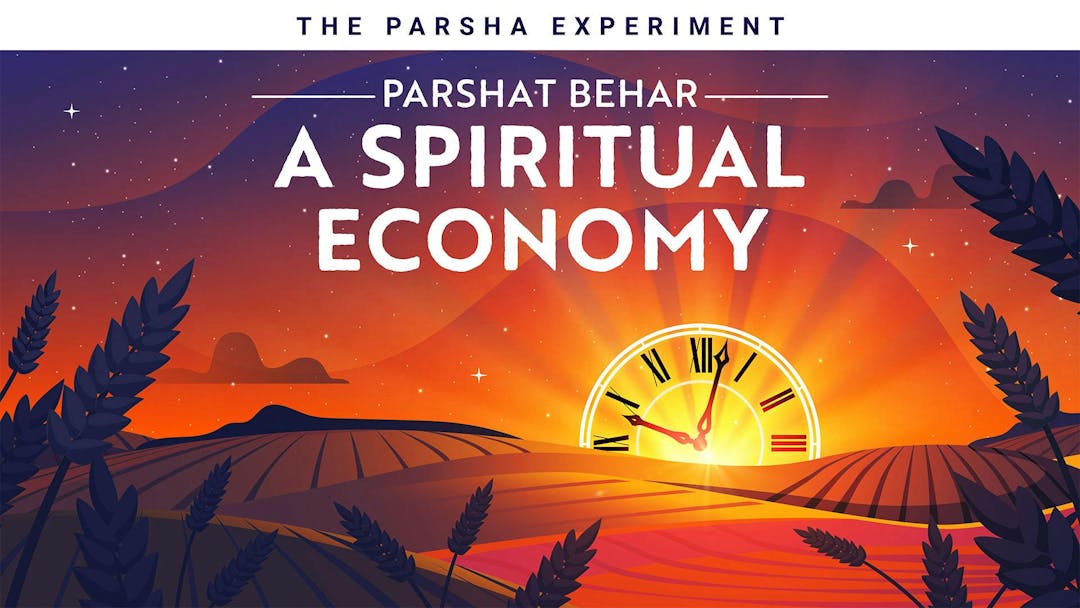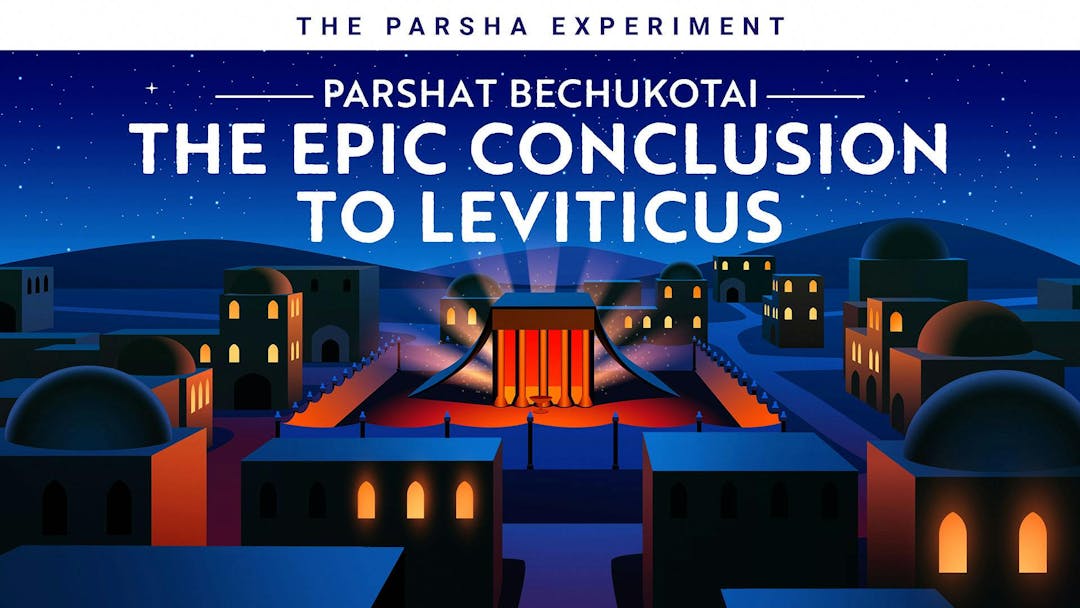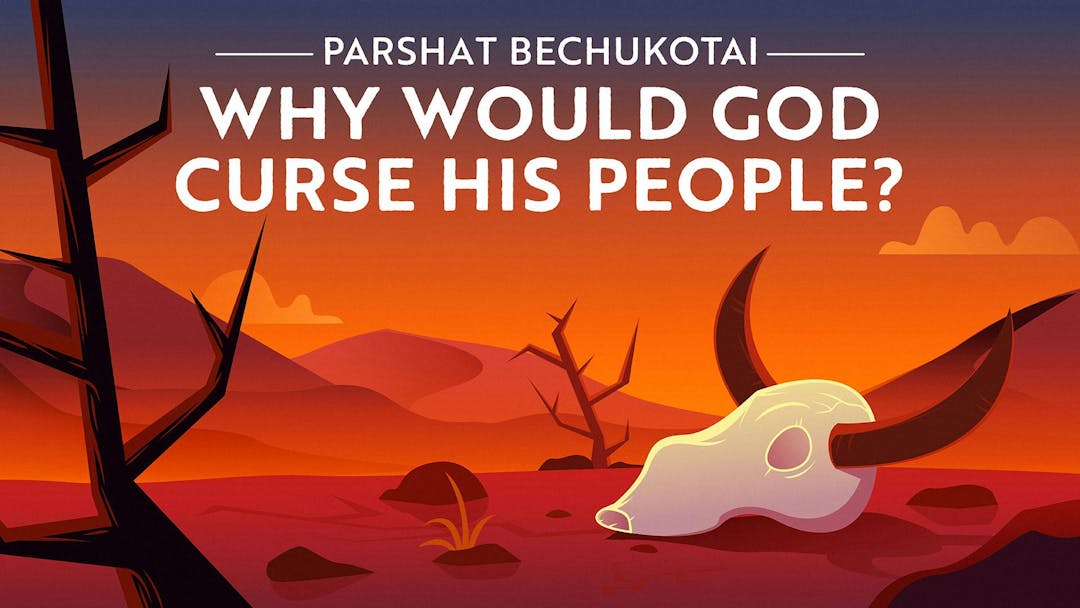Start your free trial today to unlock the full library and enjoy unlimited and uninterrupted access.
Get StartedWhy Does Land Have To Rest?
The Spiritual Meaning Of The Sabbath And Jubilee Years
We talked last week about seeing Shabbat in different worlds. But how do we understand, conceptually, what this means? The clues may lie in the laws of the Sabbath and Jubilee cycles of rest, which follow a pattern of seven years in the Bible.
In this week's video, we look at Pesach, Shmita and Yovel and ask, where do we see Shabbat, and why does it matter? Rabbi Fohrman follows the clues to unearth the spiritual meaning of the Sabbatical and Jubilee years, one that applies to our own lives today. He discusses the concept of how when the land rests and slaves return to freedom, so do we, too.
What is Aleph Beta?
Aleph Beta is a unique kind of Torah library. Led by our founder, Rabbi David Fohrman, we are dedicated to high-level, textual Torah learning for adults that is intellectually and spiritually sophisticated, that enlivens your Jewish practice and helps you forge a deeper connection to God. Whether you’ve been learning in yeshiva for years or you’re just beginning your Torah journey, you’re sure to find something meaningful and surprising waiting for you here.
Browse our library of over 1,000 beautifully produced animated videos, podcasts, deep dive courses, and printable guides. Topics include the weekly parsha, Jewish holidays & fast days, laws & mitzvot, prayers, relationships, big philosophical ideas and more. Have something to say at the Shabbos table that will amaze your family and guests and bring deep meaning into their lives.












